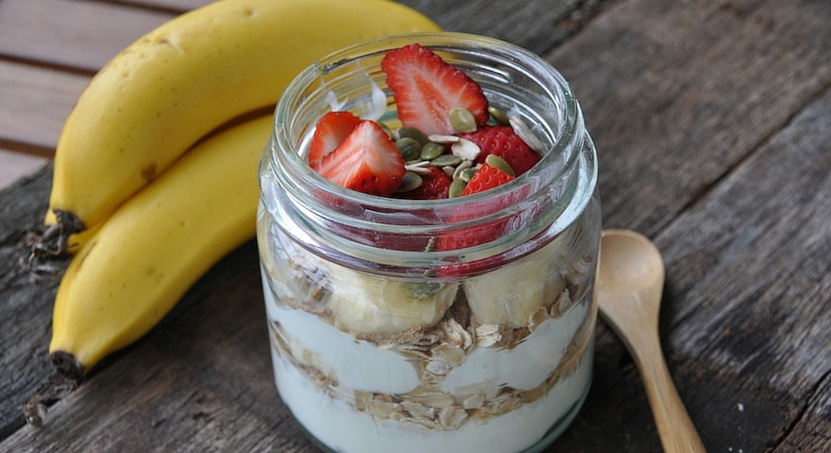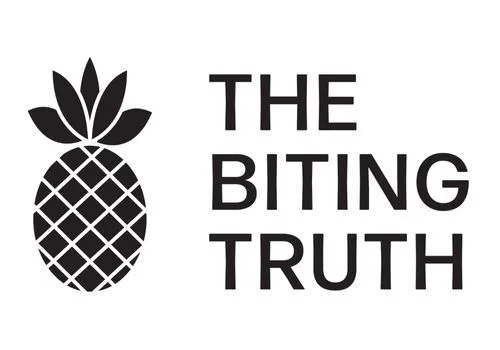
We often think of bacteria as something harmful that causes diseases, however, our bodies are in fact full of bacteria – both good and bad. There is an increasing amount of research pointing to the importance of prebiotics and probiotics for our overall health and wellbeing. Did you know that the bacteria in our guts are as unique as our fingerprints? Including foods in our diets that stimulate the growth of good gut bugs can really have an impact on our health. So what are probiotics and prebiotics and where can you find them?
PRObiotics
Probiotics are live ‘friendly bacteria’ that are good for our health, especially our digestive system. They are naturally found in our body, but can also be found in some foods and supplements we eat. They act to reduce the number of harmful bacteria in the gut, thereby improving our overall health.
Health benefits
- Boost the immune system
- Assist with digestion
- Reduce symptoms of irritable bowel syndrome such as diarrhea
- Following a course of antibiotics, probiotics can help to restore and boost the good bacteria in your gut
- Weight management: research has shown that the balance between the two types of bacteria is associated with weight, and this balance even shifts when you lose weight!
Food sources
- Yoghurt with ‘live’ or ‘active’ culture
- Fortified milks (e.g. Yakult)
- Kefir – a milk that has grains of yeast added for fermentation
PREbiotics
Prebiotics are considered to be food for probiotics. They mostly come from carbohydrates and pass through the body undigested, acting as a fertilizer for the good bacteria in our gut. They help to stimulate the growth and survival of good bacteria and discourage the growth of other harmful bacteria.
Health benefits
- Help to stimulate an environment that includes more of the good bacteria and ensures the bad bacteria have less chance of surviving (thereby reducing your risk of gut inflammation and infection).
- Reduce symptoms of inflammatory bowel disease
- Weight management
Food sources
Fibre found in plant products, such as:
- Fruits
- Vegetables
- Wholegrains
Don’t eat enough veggies? Here are 5 Easy Ways to Boost Your Veggie Intake.
What about supplements?
Since probiotics and prebiotics can be found in food and your body does a pretty good job of maintaining the balance of good guys and bad guys in your gut, it’s usually not necessary to take a supplement. Simply including fermented foods such as yoghurt as well as lots of fruit, vegetables and wholegrains will be sufficient to keep your gut health in order. Supplements can offer benefits for those who experience digestive problems such as irritable bowel syndrome and ulcerative colitis, however, it is always best to seek medical advice before taking supplements.
Remember, the bacterial residents of your gut are pretty good tenants, if you feed them well they’ll take care of you too!
—
A special thanks to Stefanie Valakas who conducted the research for this piece. Stefanie is currently completing her Masters in nutrition and Dietetics at the University of Sydney. To see more of Stefanie’s work head to: dietitiantobe.wordpress.com
